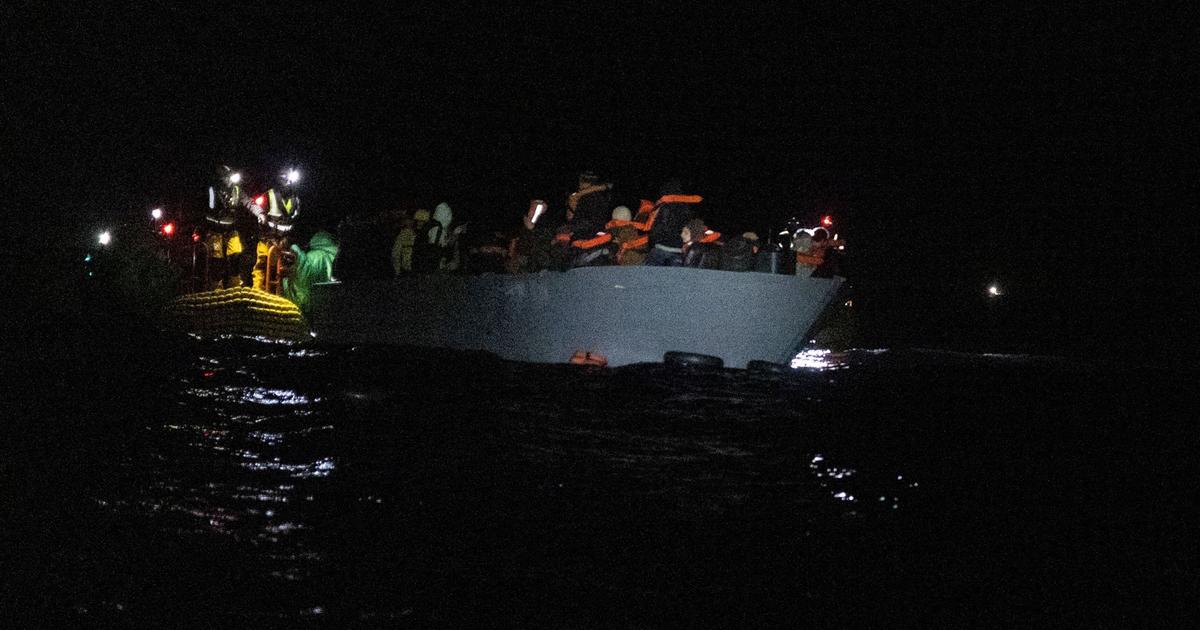"We are closed, but I can tell you where there is a hotel that is open," says the listless concierge at the Consul Hotel, a four-star establishment in central Tunis. Inside, the lights are off and a soul is not visible. The effects of COVID-19 are overwhelming in the sector. According to the Tunisian Hospitality Federation, only 300 of the 800 hotels are open. The central bank estimates that tourism receipts between January and August fell 59% compared to the same period last year, and losses at the end of the year will rise to 2 billion euros, a disturbing figure for an economy already faltering before the pandemic.
“This year the objective is to minimize losses, because there will be no benefits. It's about spending the year as it is so as not to have to close down, ”explains Hama Abdellaoui, a businessman from the island of Djerba, in the south of the country. There are 75 hotels open in this region, 30 fewer than in 2015. That year, several terrorist attacks hit tourism, the mainstay of an economy that has experienced anemic growth rates since the 2011 revolution.
The specter of bankruptcy haunts a democratic transition that, despite being in its last stage, is based on unstable foundations. Following the resignation of the head of Government, Elías Fajfaj, in mid-July due to a corruption scandal, the new Executive formed by Hichem Mechichi will be put to a vote in Parliament. A polarized political scene and a highly fragmented Parliament make it difficult for him to secure sufficient support. If it fails, early elections will be called. According to the polls, the PDL of Abir Mussi, former leader of the dissolved party created by Ben Ali, the dictator deposed at the beginning of the Arab springs, would rise with victory.
After having become an example of good management in containing the pandemic - in Tunisia only about 2,800 infections and 65 deaths have been registered - hoteliers were optimistic when the authorities decided to reopen the borders on June 27. The incidence of the virus is lower than in any European country, which is why Tunisia is on the select list of safe countries for the EU. However, in recent weeks the planes have arrived only half full. Some of the main emitting countries, such as France, have suffered recent outbreaks of the virus and have imposed restrictive measures on their nationals, such as the obligation to present a negative PCR test or to quarantine themselves on return. With Algeria, the main market for Tunisia thanks to the arrival of more than a million tourists a year, the borders were never even opened as it was the regional epicenter of the virus.
"We cannot even trust local tourism, which this year has declined, either due to the drop in family income or the fear of contagion," laments Houssem Ben Azouz, president of the Interprofessional Tourism Federation. The sector considers that government aid, especially soft loans, is insufficient. “The measures [at the borders] are disproportionate in relation to the situation in the country. We have to learn to live with the virus ”, says Sonia Khouaja, executive director of the Hospitality Federation.
The crisis in the sector, which accounts for more than 8% of GDP and employs some 400,000 people, has contributed substantially to the 21.6% drop in GDP in the second quarter of the year. In addition to the hotel and catering industry, industry and construction have suffered from the harsh confinement imposed by the authorities in March, with a 30% drop in activity. This dark panorama has led to the loss of 161,000 jobs and the unemployment rate has now reached 18%.
The Minister of Finance, Nizar Yaize, has defined the macroeconomic situation as "very delicate", and estimates the amount of the bailout required by public finances at close to 3,000 million euros. “The situation is catastrophic, unprecedented. Revenues have fallen, and the deficit can skyrocket to 9% of GDP in 2020. The country already has an external debt that is difficult to manage, which will reach 85% of GDP. The terms and conditions must be renegotiated in order to be able to meet all the payments, ”says economist Abdejelil Bedui.

/cloudfront-eu-central-1.images.arcpublishing.com/prisa/MRSPT7QCSLQ2MKRMWXQCVORX7U.jpg)







